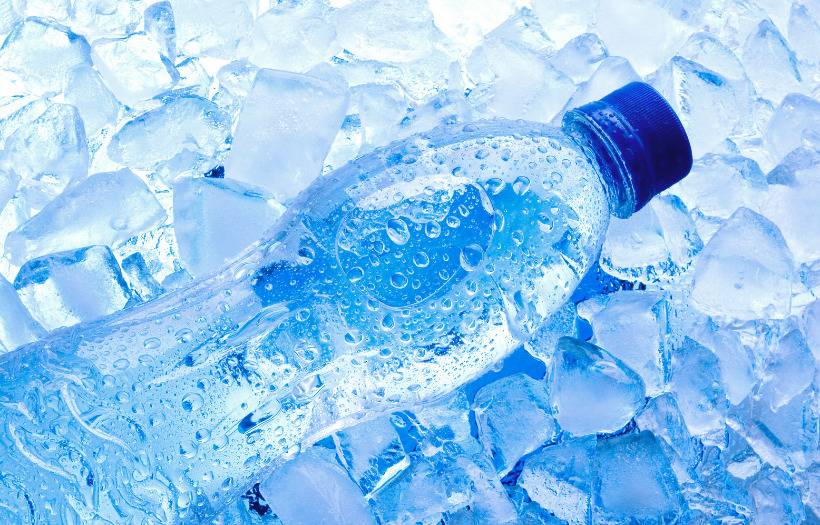World Water Day – Labeling Water
World Water Day – Labeling Water
Water seems simple but is actually far from it.
Water is a life giver, and we cannot do without clean and safe water for even a day or two without the most dreadful consequences. We take its safety, and boundless supply to us in our homes for granted a good deal of the time, in a lot of the world. But water can be a poison if we are forced to drink contaminated supplies; after all we must drink to live!
So, on World Water Day, we want to give you a flavour of just what it takes to supply, bottle, market, and label water.

The definition of ‘food’ in Regulation (EC) No 178/2002 on general food law is: “any substance or product, whether processed, partially processed, or unprocessed, intended to be, or reasonably expected to be ingested by humans”, and it includes water!
So, all the usual Food Safety Standards, records keeping, and HACCP procedures apply to those providing water to us in the United Kingdom and the European Union.
Radioactivity, Chemical and Biological contaminants such as Escherichia coli are all monitored with sampling for all types of waters. But there are many types seen on shelves to choose from today as well as the water that runs from our taps.
All waters presented in a sealed container are ‘packaged food’ and must comply with the requirements of the general food labeling legislation. Additionally, of course, there are more detailed requirements for bottled water we consider special; ‘Natural mineral waters’ and ‘Spring waters.
Natural Mineral Water
Natural Mineral waters must be obtained from a consistently safe natural underground source which has been licensed for abstraction of water by the Environment Agency in the UK and recognized by a UK Local Authority.
Bottling must take place at the site of the source, to avoid contamination and only 5 simple treatments of the water are permitted. In other words, it must be pure when it emerges from the ground and into the bottle.
How is Natural Mineral water labelled?
The following must be on the label:
- The legal sales description of the water such as: ‘naturally carbonated natural mineral water’.
- The name of spring and place where the water is exploited.
- Its composition: i.e., the mineral and chemical contents.
- The details of treatments you’ve used if any.
- The fluoride content (if there’s more than 1.5 milligrams per litre in the water).
Spring Water
Spring Waters must also come from a safe underground source, but any suitable treatments are permitted and official recognition of the source from a Local Authority is not necessary prior to producing and marketing. A license must however still be gained from the Environment Agency to extract the water. After all it’s a precious resource for all.
How is Spring water labelled?
The following must be on the label:
- The legal sales description of the water: i.e., ‘Spring water’.
- The name of spring and place where the water is exploited.
- The details of any ozone-enriched air treatments you’ve used.
If you need any help understanding and implementing the legislation around water, please don’t hesitate to contact our knowledgeable advisors for support. Our regulatory advice and food label checking service can help to ensure you comply with current regulations.
Recent Blogs:
Recycling Labeling and Legislation for Food Packaging in the UK & EU
Novel Alternative Proteins: what can we expect for the future
Novel Alternative Proteins: a path to sustainable healthy diets – Plant-based

My background in Food Science and Marketing means I have a unique combination of commercial creativity and technical food manufacturing experience. My ambition is to bring clarity to the complex world of compliance through the simple and eye-catching communication of Ashbury's services.
Next reads
Revised Guidance in the US Regarding ‘Healthy’ Claims
FDA Regulations for Labeling ‘Gluten-Free’ and ‘Free-From’Foods in the US
Saving Space on US-Bound Labels
Labeling Free-From Foods for the US
Keep up to date with our latest insights
Subscribe to our mailing list to stay in touch with the latest news, insights and updates from Ashbury


